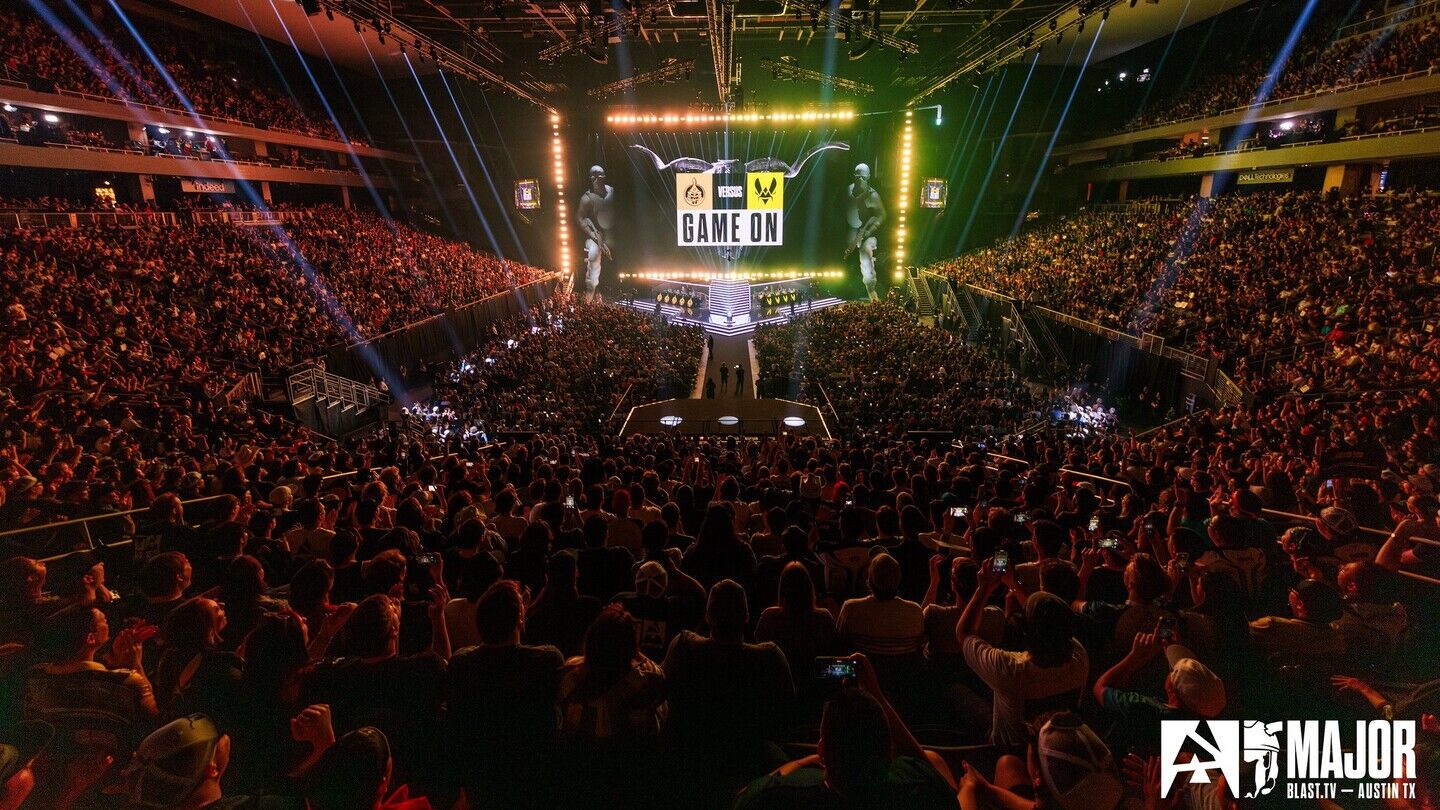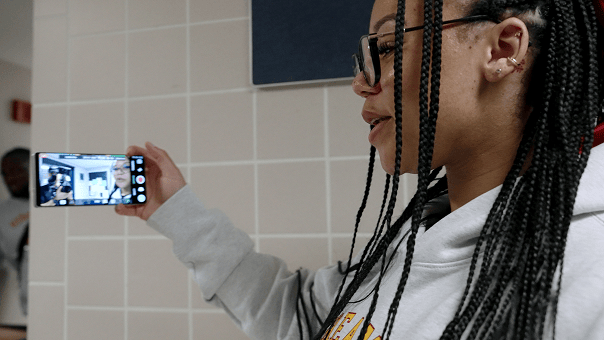The world of Esports is not only a dynamic and exciting one, but it has begun to attract considerable interest thanks to a more professionalised approach to content and broadcast deals. Mark Mayne reports on gaming’s rising star.
An expert panel came together to discuss Esports in a recent IBC webinar, The Professional Era of Esports: Trends and Outlook, covering familiar topics of interest such as how audiences are consuming content, how technology is opening up new potential revenue streams, and why the future of Esports is looking bright indeed.
Esports and broadcast - commonalities and differences
Fabian Leimbach, Senior Director of Broadcast Engineering, ESL FACEIT Group was quick to point out that there are many commonalities between Esports and broadcast, as well as key differences...
You are not signed in
Only registered users can read the rest of this article.





